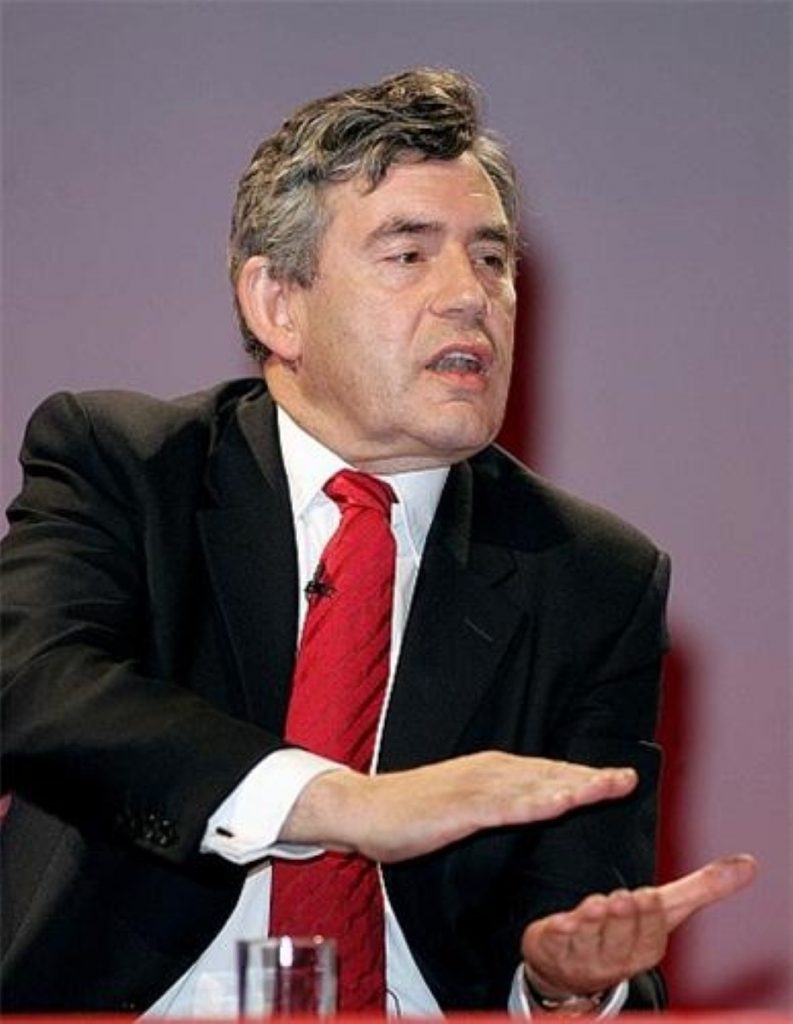Brown urges UN and World Bank reform
Gordon Brown has called for radical changes to the way the United Nations, World Bank and the G7 are run to recognise the “seismic shift” in world power.
The chancellor told business leaders in Bangalore that globalisation had led to a “new world order” where power was no longer based on military or traditional political might, but on the emergence of economic giants like India and China.
In his speech, Mr Brown – who is expected to take over as prime minister by the end of the summer – praised Tony Blair’s leadership and repeated many of his concerns that global institutions must adapt to ensure everyone benefited from globalisation.
“The post-1945 system of international institutions – built for a world of sheltered economies and just 50 states – is not yet broken, but for a world of 200 states and an open globalisation, is urgently in need of modernisation and reform,” Mr Brown said.


Speaking during a four-day trip to India, he argued that as the impact of globalisation became evident, “we can also imagine the full shape of the emerging new world order”.
This was “a new world economic, political and social order driven forward not just by considerations of the balance of military strength and ordinary political power, but by the seismic shift in social and economic power brought forward by globalisation”.
The original G7 – the US, Britain, France, Italy, Germany, Canada and Japan – has been expanded, but the chancellor said it was “time to formally recognise on a more consistent and regular basis the reality” of this change.
He repeated Mr Blair’s backing for a change in the structure of the UN security council to address the fact that France but not Germany, and China but not Japan, were permanent members, saying: “Britain strongly supports India’s bid for a permanent place.”
Similar modernisation was required at the IMF and World Bank, Mr Brown continued, saying the former should focus on preventing economic crises rather than just managing them. He also called for the two organisations to share some work with the UN.
“And as a bank for development, the World Bank should have a focus for the first time on energy security and environmental care,” he said.
Finally, Mr Brown said that ensuring fairness in world trade, which involved getting agreement in the ongoing Doha round of World Trade Organisation (WTO) talks, was vital. He called on the EU and the US to reduce their farm subsidies to help reach a deal.
Coupled with an increase in international aid – which the chancellor called a “modern Marshall Plan for social justice” – this would ensure all countries benefited from globalisation, not just the rich.
“There are those who define the next stage of globalisation as an inevitable growth in insecurity and inequality. But this depends on the decisions we make,” he said.
“Properly managed globalisation has the potential to make the world a fairer and safer place, breaking down boundaries and uniting people.”









